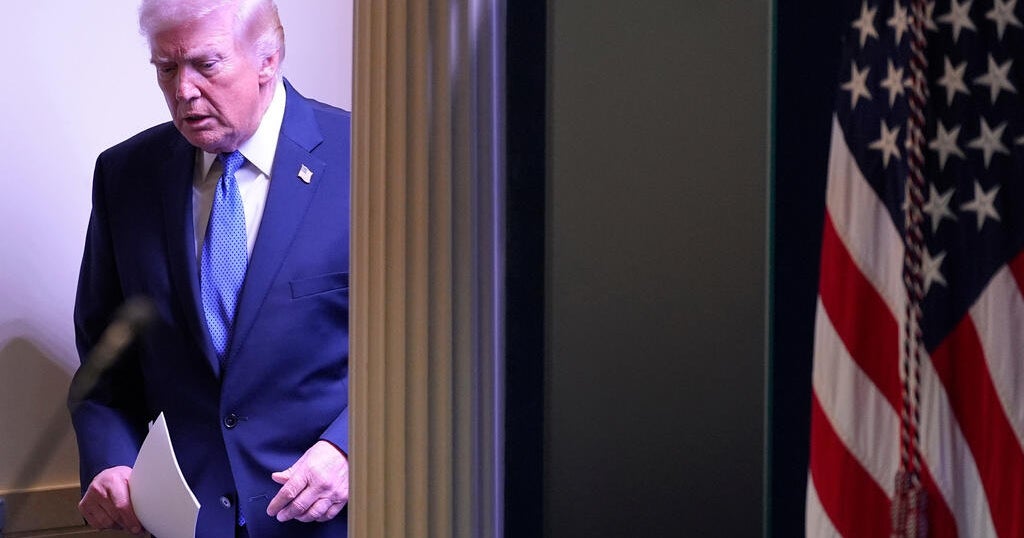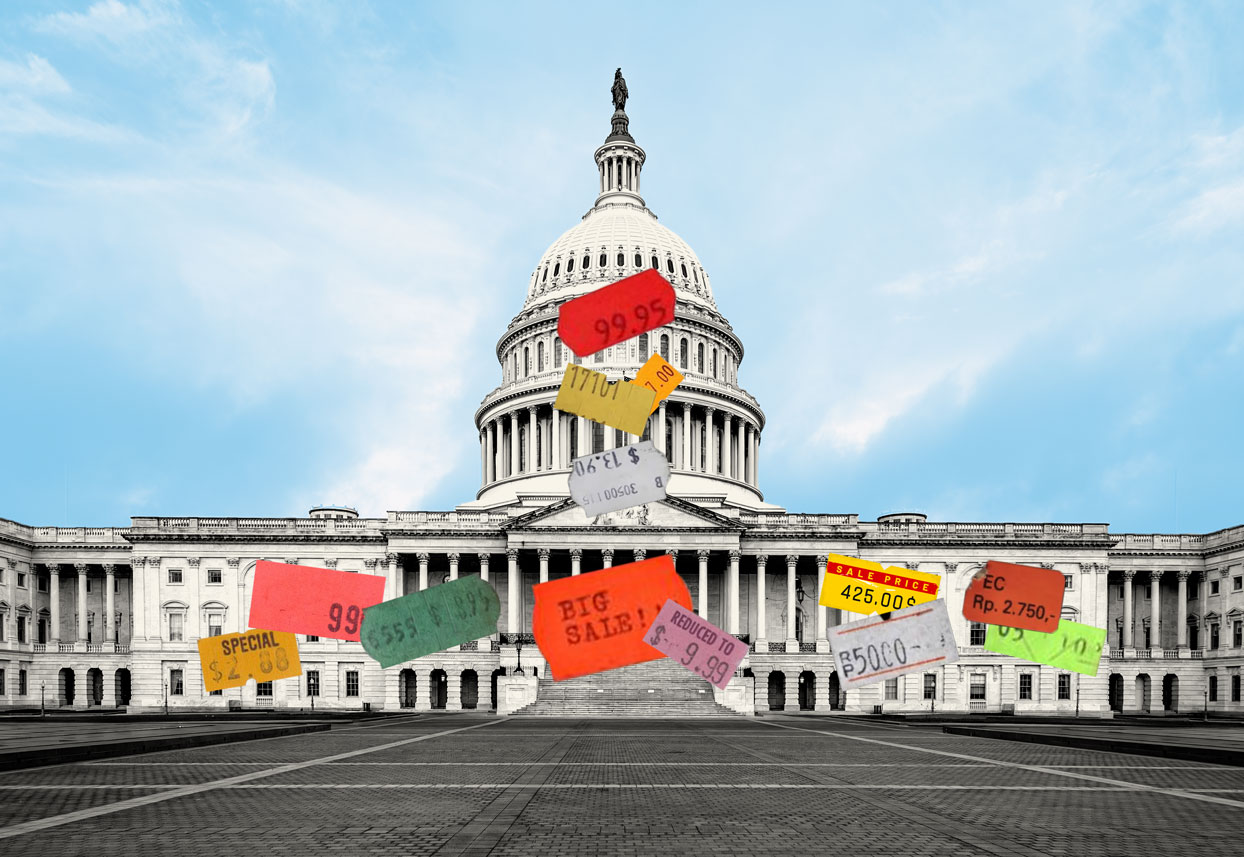NAFTA negotiations: Canada and Trump administration at impasse
The Trump administration is expected to release the full text of an agreement with Mexico that's part of its effort to renegotiate the North American Free Trade Agreement, known as NAFTA, by Sept. 30. That's also the administration's self-imposed deadline for Canada to agree to new terms in the trade deal. Even though Canada and the U.S. are at loggerheads, negotiations may continue. Here are three things to know about what might happen next.
A Congressional vote
To replace NAFTA, President Donald Trump must receive Congressional approval. His administration is racing to get approval for the agreement with Mexico by Nov. 30, when Mexico's current President Enrique Peña Nieto and his administration leave office.
Under the U.S. Trade Promotion Authority law, known as TPA or "fast track," Mr. Trump must wait 90 days to sign an agreement after notifying Congress of his intention to do so. He did that on Aug. 31.
After meeting with U.S. Trade Representative Robert Lighthizer this week, both Democrats and Republicans in Congress said they doubted an agreement excluding Canada would be approved, according to several reports.
Nevertheless, Treasury Secretary Steven Mnuchin on Thursday said while he hopes the U.S. and Canada will reach a trade agreement, he's confident Congress will approve a Mexico-U.S. pact, according to The Hill.
Trump: Auto tariff threats
The Mexico-U.S. agreement is expected to include new terms on auto manufacturing and imports, among other issues.
Mr. Trump is using the threat of auto and auto part tariffs as a negotiating tool to persuade Canada to change its stance on trade involving dairy and other provisions in any NAFTA revision or replacement, economists and analysts have said.
"Frankly, we're thinking about just taxing cars coming in from Canada," Mr. Trump said at a press conference earlier this week. "That's the mother lode. That's the big one. We're very unhappy with the negotiations and the negotiating style of Canada."
Canadian President Justin Trudeau this week fired back, saying, "Americans are finding that the negotiations are tough because Canadians are tough negotiators, as we should be," Reuters reported. Trudeau said "a good, fair deal is still very possible."
Mr. Trump is using potential tariffs on all auto and auto parts imported into the U.S. as a negotiating hammer, not only with Canada but also with the E.U., Japan and other countries, Height Capital analyst Clayton Allen wrote in a note.
"Canada is the nation most at risk as Trump appears to be singularly focused on using the threat of auto tariffs as a way to force Prime Minister Trudeau into conceding on dairy and other provisions," Allen wrote.
Higher consumer costs
Mexico agreed to ensure that 75 percent of automotive content will be produced within the trade bloc, up from a current 62.5 percent, to receive duty-free benefits. But no further details were available when the initial agreement was released. The agreement also mandates 40 percent to 45 percent of content will be made by workers earning at least $16 an hour.
Those changes are meant to encourage more auto production in the U.S. But such new labor rules may raise the costs of autos for consumers. And because the global auto supply chain is so complex and integrated, the new rules could be difficult to impose as outlined, economists have said.
U.S. consumers, already feeling some pain from tariffs imposed on steel and aluminum imports and tariffs placed on Chinese imports, would pay more.
In a July study, the Peterson Institute for International Economics estimated that the proposed 25 percent tariffs would cause the price of an entry-level compact car to rise between $1,409 and $2,057 in the U.S.; a new compact SUV/crossover, the most popular vehicle in America, would rise between $2,092 and $3,066.
More upscale versions of the compact SUV/crossover would rise by significantly more, between $4,708 and $6,971, because of higher imported foreign content, and hence higher taxes paid, the research firm said.



